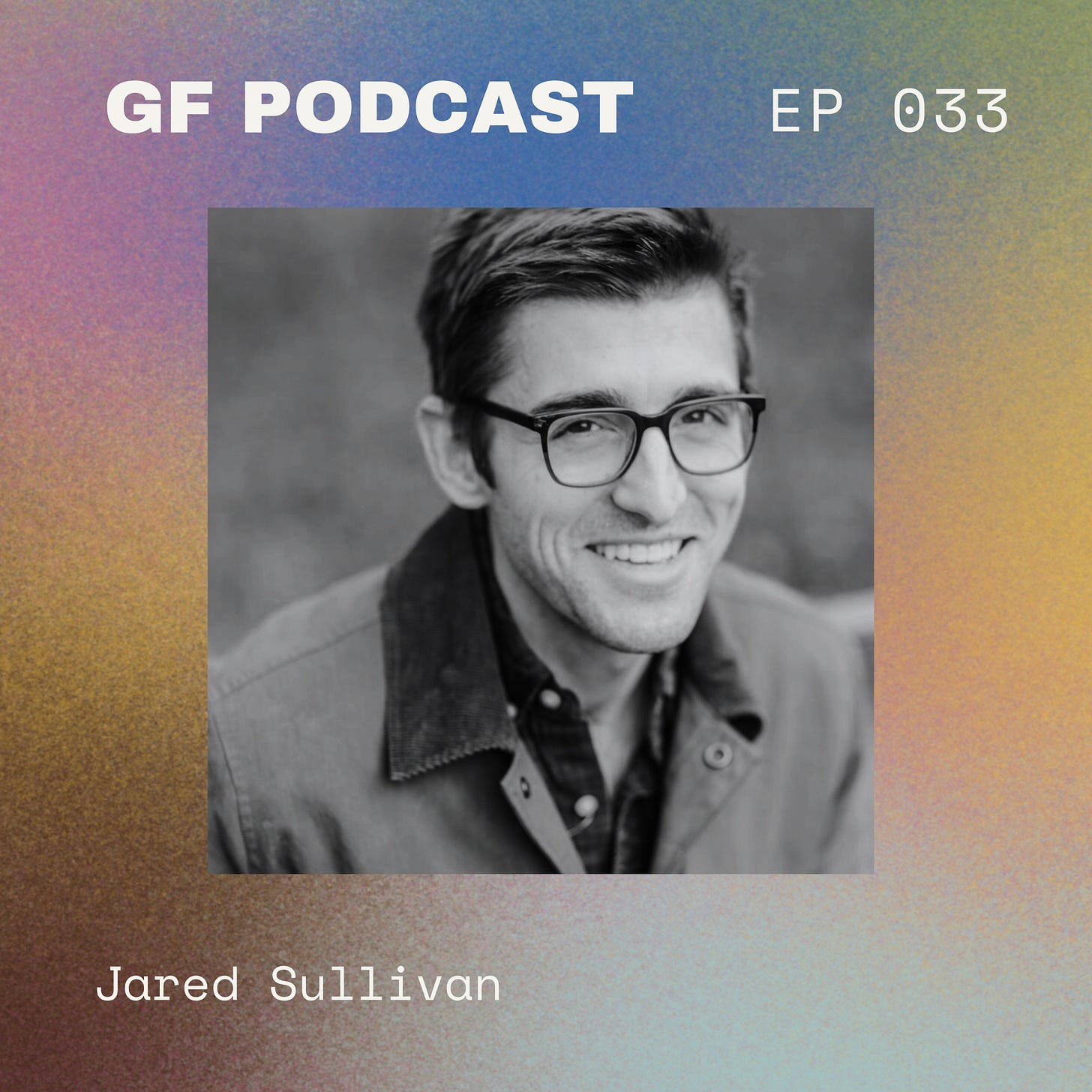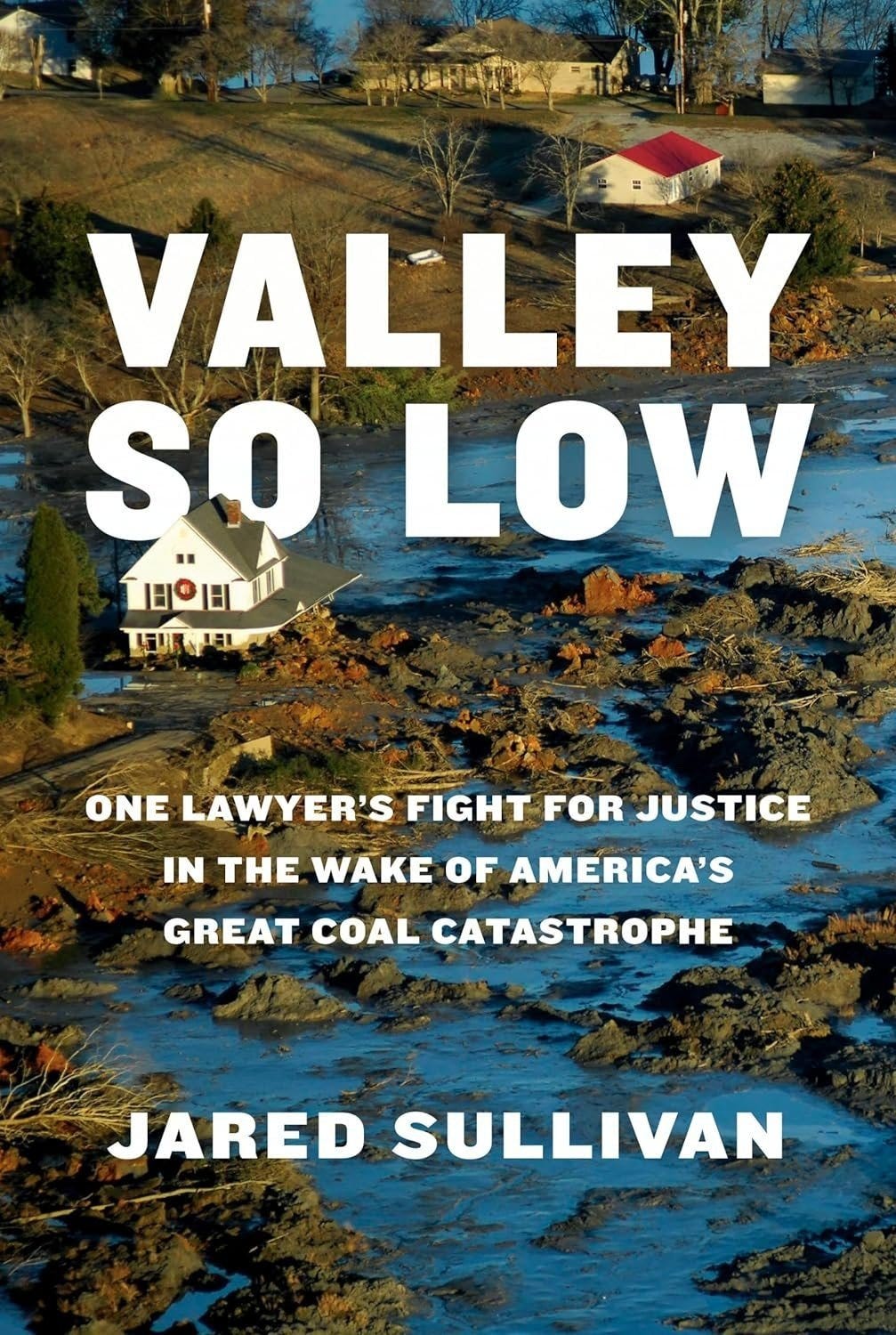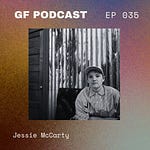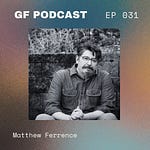Happy Monday Folks,
I’ve written and rewritten this intro a number of times and I find I’m still not quite sure what to say. We recorded this episode just about two weeks before Hurricane Helene struck Western North Carolina—a region my family has called home for many generations—and left disastrous floodwaters in its wake. At the time I’m recording this—almost two weeks after the storm—many folks are still without water and power. Many roads are still closed. Many communities are just now being reached.
In Florida, already hit by Helene, Hurricane Milton followed, giving folks hardly a moment to catch their breath. The damage goes on and on and on, a seemingly endless cycle. How do we rebuild when the world has become a series of repetitive disasters? Where is there space to catch our breath?
In this moment, I find myself inspired by the outpouring of community support that we are seeing in the mountains. Our team at Good Folk is all based these days in Central North Carolina, a few hours from the flooding, and even here, nearly every single business and organization is working to support our neighbors in the Western part of the state. Everywhere I go there is a supply drive, a fundraiser, a team ready and mobilized to help.
Here at Good Folk, we recently kicked off our new folk music series with WXYC and Fatwood, Landmarks, and raised nearly $500 in donations that were directly redistributed to mutual aid orgs and individuals working on the ground. Community support appears in so many different ways; this is the core of what we believe here, and I feel grateful to be in community with so many folks of a similar mind.
So let me introduce you to Jared Sullivan, one of those folks and today’s guest. Jared is a writer based in Franklin, Tennessee. His work has appeared in The New Yorker, Time, Garden & Gun, and USA Today, among other outlets. He was formerly an editor for Men’s Journal and Field and Stream.
Jared’s new book, Valley So Low: One Lawyer's Fight for Justice in the Wake of America's Great Coal Catastrophe, is a riveting courtroom drama about the victims of one of the largest environmental disasters in U.S. history—and the country lawyer determined to challenge the notion that, in America, justice can be bought.
For more than fifty years, a power plant in the small town of Kingston, Tennessee, burned fourteen thousand tons of coal a day, gradually creating a mountain of ashen waste sixty feet high and covering eighty-four acres, contained only by an earthen embankment. In 2008, just before Christmas, that embankment broke, unleashing a lethal wave of coal sludge that covered three hundred acres, damaged nearly thirty homes, and precipitated a cleanup effort that would cost more than a billion dollars—and the lives of more than fifty cleanup workers who inhaled the toxins it released.
Jim Scott, a local personal-injury lawyer, agreed to represent the workers after they began to fall ill. That meant doing legal battle against the Tennessee Valley Authority, TVA, a colossal, federally owned power company that had once been a famous cornerstone of President Franklin D. Roosevelt’s New Deal. Scott and his hastily assembled team gathered extensive evidence of malfeasance; threats against workers; retaliatory firings; disregarded safety precautions; and test results, either hidden or altered, that would have revealed harmful concentrations of arsenic, lead, and radioactive materials at the cleanup site.
At every stage, Scott—outmanned and nearly broke—had to overcome legal hurdles constructed by TVA and the firm it hired to help execute the cleanup. He grew especially close to one of the victims, whose swift decline only intensified his hunger for justice. As the incriminating evidence mounted, the workers seemed to have everything on their side, including the truth—and yet, was it all enough to prevail?
The lawsuit that Scott pursued on the workers’ behalf was about their illnesses, no doubt. But it was also about whether blue-collar employees could beat the C-suite; if self-described “hillbilly lawyers” could beat elite corporate defense attorneys; and whether strong evidence could beat fat pocketbooks. With suspense and rich detail, Jared’s account lays bare the casual brutality of the American justice system, and calls into question whether—and how—the federal government has failed its people.
It’s a timely book for a region that is once again in the throes of environmental disaster, and a timely conversation. These are questions that I am thinking about heavily lately, and questions pertinent to the current state of Appalachia and the American South. I hope you enjoy this conversation.














Share this post